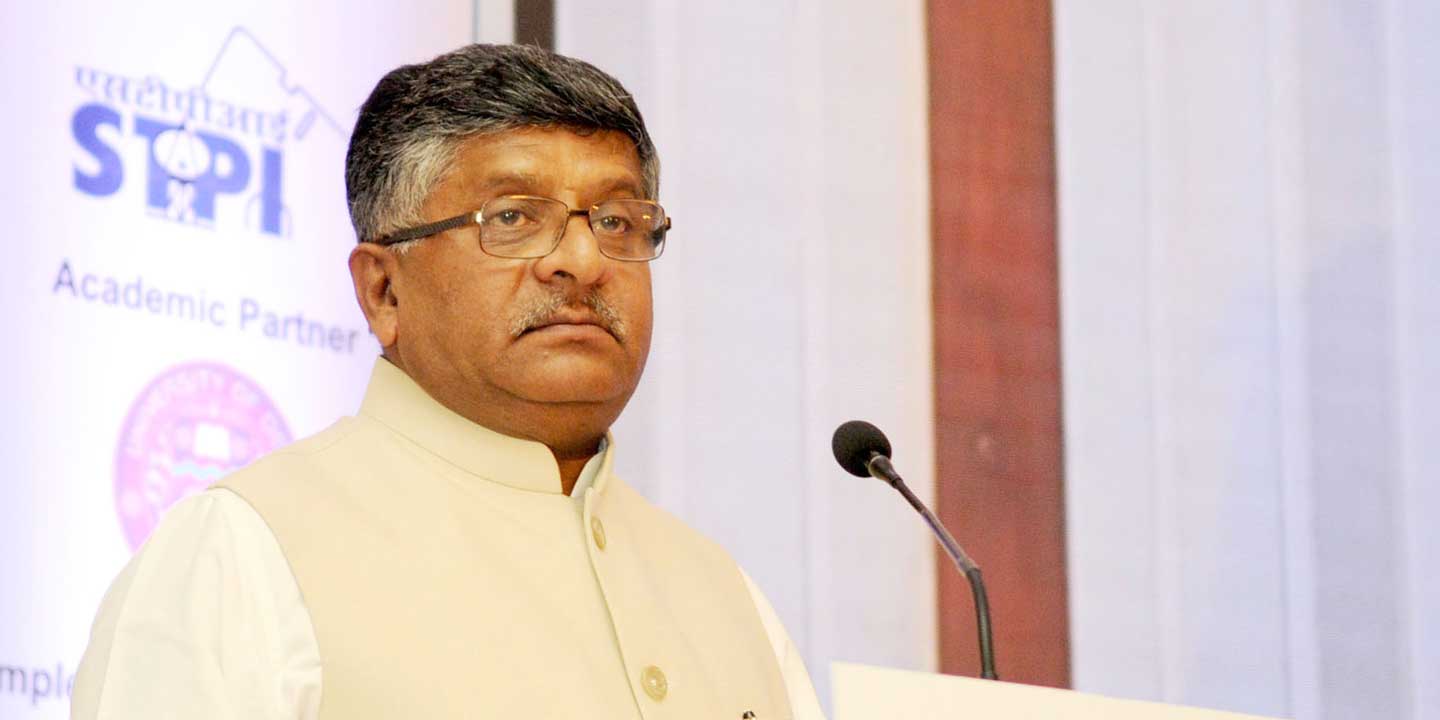In a press conference on February 25, the Indian government announced the Information Technology (Intermediaries Guidelines and Digital Media Ethics Code) Rules 2021. The rules represent the latest effort by the government to regulate social media, over the top (OTT) platforms and digital media platforms publishing news in India.
The discussion on the need to place stricter controls on social media and online content has taken place frequently in the last few years in India, largely brought on by instances where platforms were misused to incite violence and post defamatory content. The Supreme Court of India and the government have increasingly expressed concerns over the lack of transparency and accountability of online platforms in curbing the spread of fake news, disinformation, and prevention of abuse on social media, and some social media and online platforms have come under scrutiny over their content moderation practices.
Viewed from this perspective, the release of the new guidelines represents the latest effort by the Indian government to regulate this space. An initial draft of the guidelines was first released for public consultations in December 2018, under which the Ministry of IT received 171 comments from industry, civil society, industry associations and other stakeholders. The new guidelines had been aimed at making platforms more accountable for content shared, placing stricter requirements on takedown actions, traceability of originators of unlawful content, verification of users, and also setting up grievance redressal mechanisms in India, while empowering users/viewers.
The passage of the new guidelines, following a finalization of rules by both the Ministry of Electronics & Information Technology and the Ministry of Information & Broadcasting, represents a significant development for companies. Companies will be subject to new compliance requirements in a number of areas – including notification, certification, user verification, norms of journalistic conduct to curtail misinformation and traceability of first originators of information in case of offences –though in some cases, there are distinctions made in accordance with different factors including the extent of compliance required and company type and size.
Even as it has passed these guidelines, the Indian government has also signaled its appreciation of the role companies can play in the advancement of broader national objectives. Information Technology Minister Ravi Shankar Prasad complimented the role social media platforms have played in furthering Digital India objectives and empowering Indian users, as the proliferation of social media platforms is widespread in India.
Moving forward, the focus will shift to the implementation of these regulations and their wider significance. While the guidelines will come in to immediate effect from the date of publication in the gazette, a time period of three months has been given for significant social media intermediaries to comply with the additional provisions. As this process takes shape, the implementation of these guidelines, along with the broader subject of the regulation of India’s digital space, will continue to be an important issue to watch in the coming months and years.
The BGA India Team, led by Managing Director Ratan Shrivastava, will continue to monitor and assess how this development and other significant milestones in India’s growth story continue to shape the country’s development in the coming years.

























